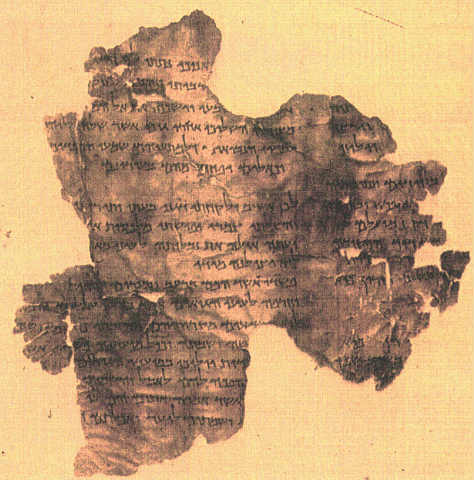Sermon Title:
God Does Not Want Our Lipservice
| |
You probably do not have the Flash Player installed for your browser!
|
|
|
| Hosea 9:1-3
(Part1) |
Romans 8:28 (Part2) |
Hosea 9:3 (Part3) |
| Deuteronomy
32:1-6 (Part1) |
Genesis
15:13-14
(Part2) |
Psalm 23:1-3,5 (Part3) |
| Hosea 9:2-3
(Part2) |
Exodus 12:40-41 (Part3) |
|
So many Christians make promises
to God when we want God to do something for us. Then we
do not keep our promises.
God is not pleased with us and our lipservice to Him. He
expects His children to give Him true, loving, and
faithful service.
Why do we make false promises to God? We are trying to
make God do what we want Him to do. Sometimes we go to
false
gods to get what we want; but we eventually meet
failure. Do we not understand who God is? We do not have
the power to
make God do anything for us that is outside of His
divine plan. God is Almighty and deserves our love and
faithfulness.
We cannot accomplish anything without God's permission. |
| |
|
| Verses Referenced during the Sermon |
| John 14:27
(Part1) |
Matthew 8:23-27
(Part2) |
1 Timothy 5:8 (Part3) |
| Exodus 14:1-30
(Part1) |
Psalm 23:4
(Part2) |
1 Kings 12 (Part3) |
| Joshua 7:10 to
Chapter 8 (Part1) |
Revelation 20 (Part2) |
Luke 19:10 (Part3) |
| Deuteronomy
29:5
(Part1) |
Hosea 8
(Part2) |
John 3:16 (Part3) |
| Exodus Chapters
16-17 (Part1) |
Matthew 28:20
(Part2) |
1 John 1:9 (Part3) |
| Deuteronomy 32
(Part1) |
1 John 4:4 |
|
|
 |
Parchment - Copied late first
century B.C.E.
Height 17.5 cm (6 7/8 in.), length 16.8 cm (6 5/8 in.)
Courtesy of the Israel Antiquities Authority
Known as "The Hosea Commentary
Scroll" was first published by J. Allegro as the fifth
volume of the official publication series, "Discoveries
in the Judaean Desert." |
|
| |
| Traditional 12 Tribes Of Israel |
| Reuben |
Issachar |
Naphtali |
Benjamin |
| Simeon |
Zebulun |
Gad |
Joseph |
| Judah |
Dan |
Asher |
Levi |
|
| 12 Tribes (according to allotment of
land) |
| Reuben |
Issachar |
Naphtali |
Benjamin |
| Simeon |
Zebulun |
Gad |
Ephraim (Son of Joseph) |
| Judah |
Dan |
Asher |
Manasseh (Son of Joseph) |
Levites being priest
were not allocated land, except a number of cities located
within the territories of the other tribes.
(Joshua 14:3). Jacob elevated the descendants of Ephraim and
Manasseh (the two sons of Joseph by his Egyptian wife Asenath)
(Genesis 41:50) to the status of full tribes in their own right,
replacing the Tribe of Joseph (Joshua 14:4). |
Israel was divided during the reign of Rehoboam (son of Solomon
960s BCE). Israel (Northern Kingdom) rejected Rehoboam as their
king. Ten tribes formed the
Northern Kingdom: the tribes of Reuben, Issachar, Zebulun, Dan,
Naphtali, Gad, Asher, Ephraim,
Simeon and Manasseh. In addition, some
members of Tribe of Levi, who had no land allocation, were found
in the Northern Kingdom. The Tribes of Judah and Benjamin
remained loyal to Rehoboam, and formed the Kingdom of Judah (or
Southern Kingdom). Members of the Tribe of Levi, and the remnant
of the Tribe of Simeon was also part of the Southern Kingdom. |
| |
